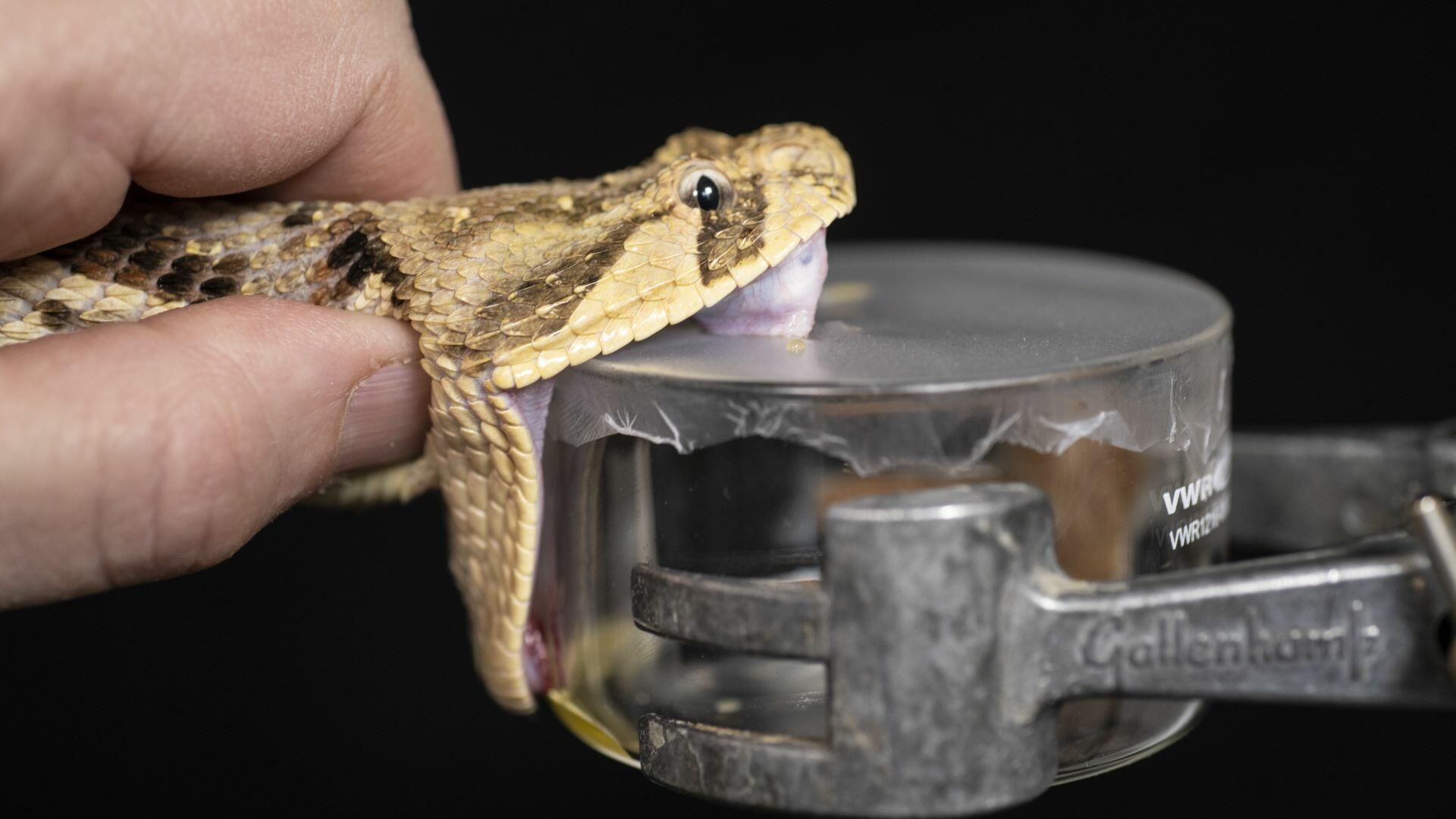
A new research project led by Liverpool School of Tropical Medicine (LSTM) has been awarded over £700,000 to investigate how snake venoms trigger NETosis, an immune response implicated in tissue damage following snakebite envenoming.
Funded by UK Research and Innovation (UKRI) via the Medical Research Council, and working in partnership with the University of Bristol, the University of Liverpool and the Tropical Medicine Foundation in Brazil, the three-year study will explore whether targeting NETosis could offer a novel treatment strategy to prevent lasting disability caused by snakebites.
Emerging evidence suggests that NETosis, a process known to play a role in diseases such as HIV/AIDS, malaria and sepsis in which immune cells trap and kill pathogens, may exacerbate local envenoming by trapping venom toxins, blocking blood flow and triggering the release of pathology-causing histones.
Snakebite envenoming remains a neglected tropical disease, causing over 140,000 deaths and 500,000 cases of morbidity a year, mainly in rural Sub-Saharan Africa, Latin America and Asia. While antivenom is the primary treatment, unless administered quickly after a bite, it does little to prevent the formation of local tissue damage at the bite site.
Professor Nicholas Casewell, Head of LSTM’s Centre for Snakebite Research & Interventions (CSRI), said: “Our preliminary data show that certain snake venoms strongly stimulate NETosis, yet we still don’t fully understand the mechanisms behind this response or the extent of its contribution to envenoming pathology.”
“By addressing these knowledge gaps, we aim to determine whether blocking NETosis could be a viable adjunct therapeutic strategy to reduce morbidity caused by snakebites.”
The study will combine cell-based, preclinical and clinical research to investigate how snake venoms stimulate NETosis, which venom toxins drive this immune response, and the extent to which the process contributes to local tissue destruction.
The team will also assess whether NETosis is a viable drug target for new snakebite treatments and identify the most promising therapeutic candidates.
By answering these questions, the research team hopes to lay the groundwork for new treatment strategies that go beyond antivenom, helping to prevent the deaths and permanent disabilities caused by snakebite.